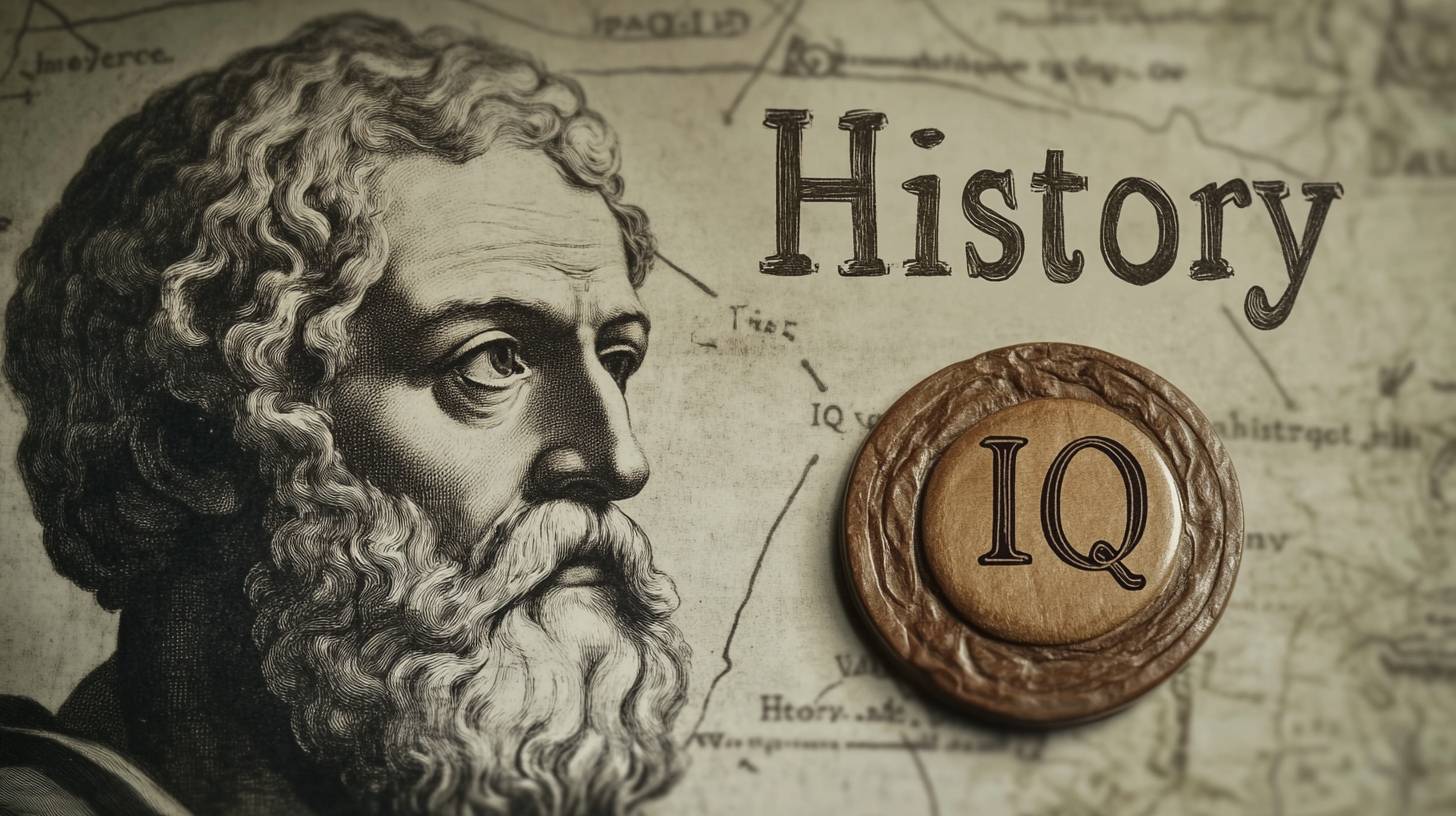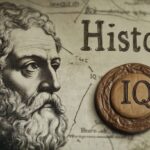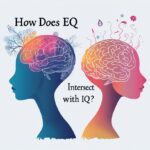The human mind has fascinated thinkers, scientists, and dreamers for centuries. In the modern age of digital technology, this fascination has evolved into an ambitious pursuit: understanding, measuring, and even digitizing the processes of the human brain. Elon Musk, through ventures like Neuralink, has already developed pathways for brain-computer communication, laying the groundwork for a future where neural activity can be interpreted—and perhaps enhanced—by machines.
But before we dive into the digital frontier, let’s take a journey through the history of IQ. Understanding its origins provides crucial context for why intelligence testing remains a vital topic today.
The Early Foundations of Studying the Mind
The roots of understanding human intelligence trace back thousands of years. Ancient Greek philosophers like Plato (428–348 BCE) and Aristotle (384–322 BCE) debated the nature of reason, logic, and the human soul. Aristotle even proposed that intellect could be divided into categories, including theoretical and practical reasoning—a conceptual precursor to modern intelligence theories.
Fast-forward to the 19th century, when thinkers like Franz Joseph Gall (1758–1828) introduced phrenology, the now-debunked idea that the shape of the skull could reveal intellectual capacity. While phrenology didn’t stand the test of time, it marked a critical shift toward studying the brain as the seat of intelligence.
The Birth of IQ Testing
The story of IQ testing as we know it began in 1905, when French psychologists Alfred Binet and Théodore Simon developed the first practical intelligence test. Their goal wasn’t to label people but to help identify children needing additional support in school. The test focused on problem-solving, memory, and reasoning—core cognitive functions.
In 1912, the term “intelligence quotient” (IQ) was coined by German psychologist William Stern. Stern’s formula—mental age divided by chronological age, multiplied by 100—laid the groundwork for future tests. Around this time, intelligence testing gained traction in the United States, particularly through the work of Lewis Terman at Stanford University. Terman’s Stanford-Binet test, published in 1916, became the gold standard for measuring IQ in the Western world.
IQ and the Military
World War I marked a turning point for IQ testing. The U.S. Army used tests like the Army Alpha and Beta to assess the mental abilities of recruits. These tests were designed to measure verbal and nonverbal intelligence and were administered to over 1.7 million soldiers. While these efforts propelled IQ testing into the mainstream, they also sparked debates about cultural and linguistic bias.
Modern Advances in IQ Theory
The 20th century saw the rise of alternative theories of intelligence. Psychologists like Howard Gardner challenged the traditional notion of a single, measurable IQ with his theory of multiple intelligences in 1983. Gardner proposed that intelligence is multifaceted, encompassing linguistic, spatial, musical, and interpersonal abilities, among others.
Simultaneously, advances in neuroscience revealed how brain structures like the prefrontal cortex and hippocampus are linked to cognitive functions. Studies using MRI and PET scans in the late 20th century began to correlate brain activity with problem-solving, memory, and decision-making—providing biological insights into intelligence.
The Digital Era and the Future of Intelligence
In the 21st century, the rise of artificial intelligence (AI) and brain-computer interfaces has opened new frontiers. Elon Musk’s Neuralink, founded in 2016, aims to decode and digitize neural activity, allowing direct communication between brains and machines. While we’re still far from fully “digitizing the mind,” these efforts highlight the growing intersection between neuroscience and technology.
Our Mission
At IQ Test Mind, we see ourselves as part of this broader journey. On November 19, 2019, we began our own project to digitize intelligence testing. Building on over a century of research, we’ve developed tools that aim to measure cognitive abilities with precision and fairness. Our goal is to bring the science of intelligence into the digital age while ensuring it remains accessible to everyone.
Understanding the history of IQ is more than an academic exercise—it’s a reminder that the pursuit of understanding the mind is as timeless as it is ambitious. From ancient philosophy to cutting-edge AI, every step reflects humanity’s enduring quest to comprehend its greatest mystery: itself.




